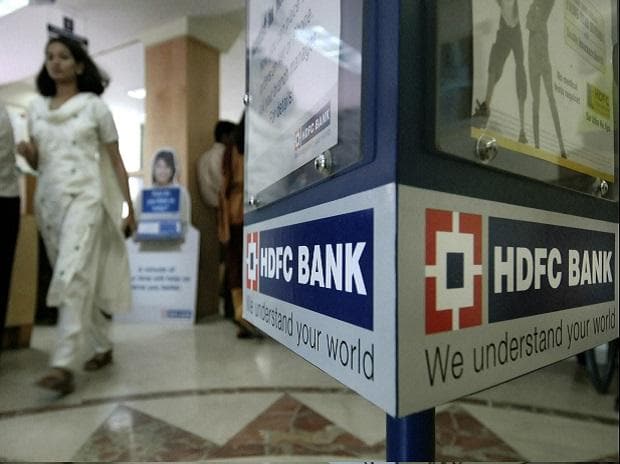From Mumbai migrant workers' struggle to get home, to rethinking
school education, and why the coronavirus test costs Rs 4,500 in India - read
these and more in today's dispatch.
Here is a
selection of pieces from across publications on Covid-19.
From Mumbai migrant workers’ struggle to get home, to rethinking school
education, and why the coronavirus test costs Rs 4,500 in India – read these
and more in today’s dispatch.
Expert Speak
Some Covid-19
patients are presenting with gastro symptoms: Some patients presenting with
gastrointestinal or ENT (ear-nose-throat) symptoms are also testing positive
for Covid-19. Every patient should be investigated for Covid-19 to reduce
unnecessary exposure to healthcare workers and the larger community. Read this
interview with Saibal Moitra, adjunct professor and senior consultant,
Department of Allergy and Immunology at the Apollo Gleneagles Hospital,
Kolkata,
Long Reads
Why does the
coronavirus test cost Rs 4,500 in India? A debate has broken out over the price
that private labs are charging for Covid-19 tests. The pricing question turned
out to be complex. Would the costs have come down if the government had allowed
labs to assemble their own kits instead of mandating that they buy ready-made
ones?
Citizens Under
Lockdown
Confusion reigns
as migrant
workers in Mumbai struggle to get home: It took five weeks and two lockdown
extensions for the government to finally announce measures to send migrant
workers home. But the announcement has been followed by a slew of confusing
orders, leading to more distress on the ground.













